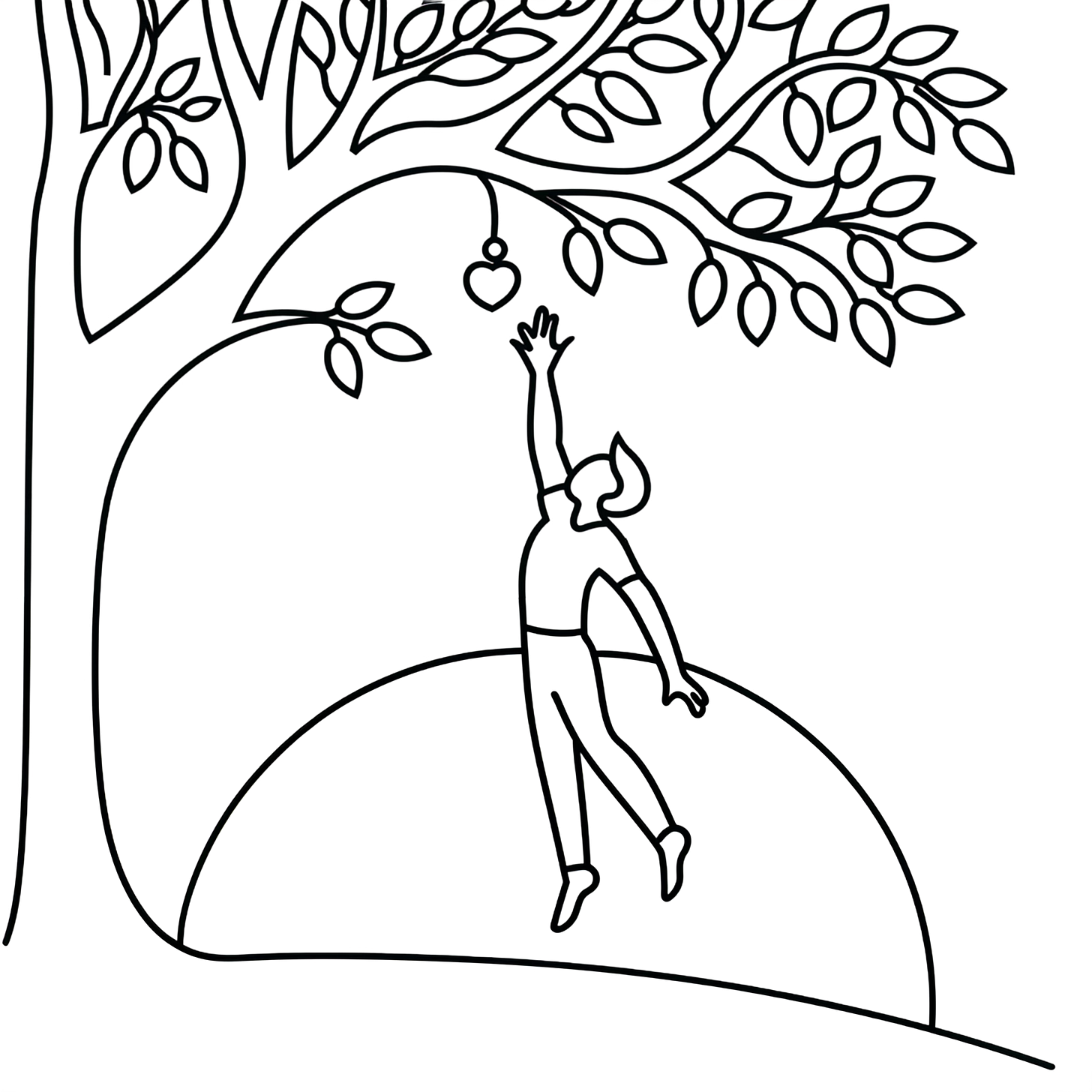1-06: Aesop’s Sour Grapes
The Adaptability of Our Minds
I recently went blueberry picking with my brother, his wife, and their daughter. After filling two small containers with blueberries, we decided to explore the raspberry rows to augment our harvest. Most raspberries were still green and unripe, with only a few bright red and delicious-looking ones scattered about. The raspberries were in tall, eight-foot vertical rows, with the top section beyond my reach. After picking and savoring a few ripe raspberries, I spotted several more tantalizing ones in that "just out of reach" zone. While I could have jumped up and grabbed a handful, including mostly unripe ones, that wouldn't have been considerate. Instead, I convinced myself that those lofty raspberries were likely sour and inferior to what their appearance led on.
"They were probably sour anyways." This statement implies you wouldn't attempt the same situation given a second chance, though that rarely reflects your true feelings. Had I encountered a single raspberry on a high, isolated branch, I would have undoubtedly leapt to pluck it. A berry's height doesn't diminish its potential to taste as delightful as its counterparts.
In life, you may find yourself resorting to this or a similar sentiment when things don't unfold as anticipated. A recent example from my life involves interviewing for a job I believed would be an excellent fit and significant career advancement. Despite numerous interviews, an intense case study, a presentation, and a two-day office visit, I was informed that I didn't get the position. Although I dislike coming in second, within a day or two, my perspective shifted to focusing on the job's shortcomings rather than its many merits. It's crucial to fully grasp your state of mind when making the initial decision and trust that you made the most informed choice possible at the time.
If the opportunity arose to interview for a nearly identical job, I would do it again. This conclusion is challenging to reach, as it's much easier to move on completely after adjusting your perspective to justify why you're content without the job, including revisiting the numerous positive aspects of your current situation. Reexamining key points that contradict your initial reasoning after realizing your first attempt was unsuccessful or didn't pan out is a defensive mechanism. This mechanism is important, as it often prevents us from repeating unsuccessful endeavors and redirects our attention and energy elsewhere: a different berry, job, or lover. Other times, it reinforces our gratitude by reminding us that the berries right before us, or already in our grasp, are indeed the ripest of all.
What's the ripe berry in your life? Have you recently made any decisions that haven't gone your way? If so, be mindful of the hours and days following the realization that something didn't unfold as planned, and be aware of how much your perspective on the matter adjusts to accommodate the outcome. Strive to hold the two arguments together in your mind and trust that you made the right decision at the time with the available information.


